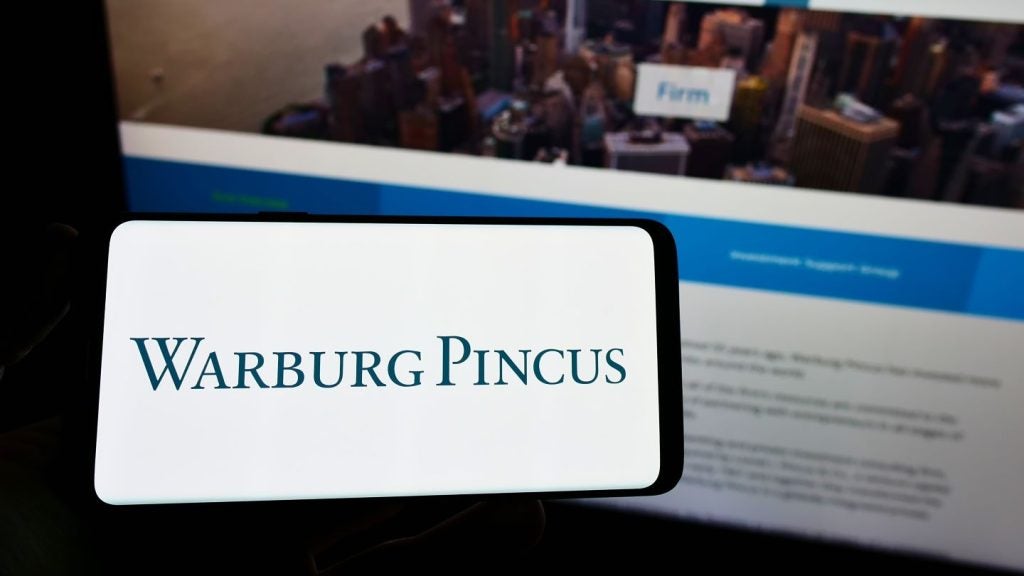COVID-19 has highlighted that the majority of businesses had no insurance protection against pandemics, even if they held a business interruption policy. One start-up aims to use parametric insurance to provide protection to businesses in future periods of major economic downturn. The insurance gap widens.
According to GlobalData’s 2019 UK SME Insurance Survey, 17.3% of UK SMEs held business interruption policies last year.
However, the majority of these policies do not provide cover for pandemics, which has led to tension between businesses and the insurance industry. Parametric insurance can help form part of the solution to prevent this from happening again in the future.
Parametric insurance operates on the premise that once a certain event is triggered, a payout is automatically issued to the policyholder. Insurtech Machine Cover seeks to use this model to help businesses protect themselves against future pandemics.
According to the insurtech, its policy will automatically pay out once there is a very significant decline in economic activity. While parametric insurance may help the industry fill this gap in cover, there will be challenges in delivering such a solution.
The main challenge in providing insurance against a global pandemic is the high volume of claims in a short period of time and the ability for insurers to pay them. When businesses were forced to close their doors across the UK to reduce the spread of the virus, insurers received an influx of claims on business interruption policies.

US Tariffs are shifting - will you react or anticipate?
Don’t let policy changes catch you off guard. Stay proactive with real-time data and expert analysis.
By GlobalDataIn order to pay these claims, insurers would need to hold large amounts of liquid assets. The Association of British Insurers expects its members to pay out £900m ($1.12bn) in business interruption-related claims as a result of the COVID-19 pandemic. Given that only a minority of companies have cover against pandemics, the cost to insurers if the majority of businesses were covered would be exorbitant. This limits the efficacy of the traditional insurance model when dealing with pandemics.
However, parametric insurance could be a good starting point in navigating some of the insurance issues that have become apparent after COVID-19. Firstly, since payouts are based on a clear, measurable statistic that is agreed upon by both parties, there is no grey area regarding whether a claim should be paid or not. This has become a sore spot for businesses in the wake of COVID-19, with a number of insurers being taken to court over denied claims.
Secondly, payout amounts are usually predetermined in the insurance agreement. This eliminates the need for insurers to calculate how much should be paid to claimants for lost business. It also gives insurers a clear view of how much exposure they have in a particular market or country. Once the parameter is met, insurers would know exactly how much they will have to pay in claims, allowing them to better plan ahead.
While it is unlikely that one insurtech will be able to hold the required capital to successfully protect businesses against future pandemics, using the model of parametric insurance to do so is certainly worth considering moving forward.








